Adding Blinatumomab to Chemotherapy Extends 96% DF Survival in Pediatric Leukemia
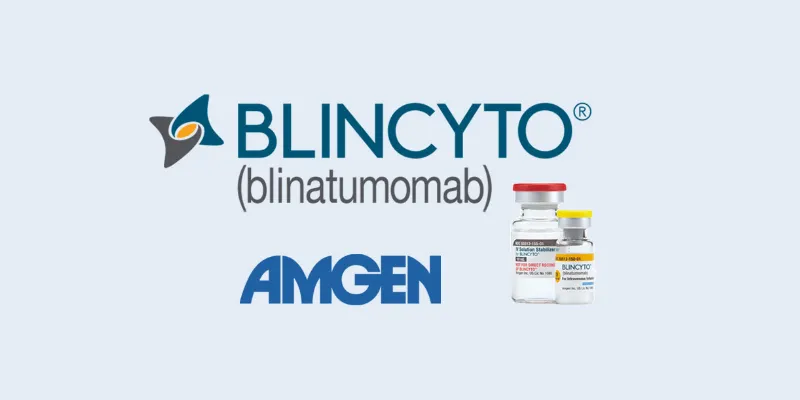
Adding BLINCYTO® (blinatumomab) to chemotherapy significantly improves three-year disease-free survival (96%) in children with standard-risk B-cell acute lymphoblastic leukemia (B-ALL), reducing relapse risk by 61%. The Phase 3 AALL1731 study marks a major breakthrough in pediatric oncology, establishing BLINCYTO as a critical therapy for preventing relapses and enhancing outcomes for newly diagnosed pediatric leukemia patients at elevated relapse risk.
Amgen announced new data from the Phase 3 AALL1731 study demonstrating that adding the immunotherapy drug BLINCYTO® (blinatumomab) to standard chemotherapy significantly improves disease-free survival (DFS) for children at an elevated risk of relapse. The findings, presented at the 66th American Society of Hematology (ASH) Annual Meeting and published in the New England Journal of Medicine, represent a pivotal step forward in pediatric cancer care.
"Over the last decade, BLINCYTO has reshaped the treatment landscape for B-ALL, offering a critical lifeline for thousands of adult and pediatric patients," said Dr. Jay Bradner, Executive Vice President of R&D and Chief Scientific Officer at Amgen. "These powerful new data leave us little doubt about the profound impact of this medicine for a large number of children affected by this disease. We are grateful to the Children's Oncology Group, along with the patients, families and clinical teams..."
Improved Survival and Reduced Relapse
The AALL1731 study, conducted by the Children’s Oncology Group, demonstrated remarkable results. At the three-year mark, 96% of children treated with BLINCYTO in addition to chemotherapy were alive and cancer-free, compared to 87.9% in the chemotherapy-only group. This translates to a 61% reduction in the risk of relapse, secondary cancer, or remission death for those receiving BLINCYTO.
"The AALL1731 study results are truly practice-changing, further solidifying blinatumomab's role as the standard of care for a large number of children with B-ALL," said Dr. Sumit Gupta, FRCPC, Co-chair of the Children's Oncology Group AALL1731 study, oncologist and associate professor of pediatrics at the University of Toronto. “These breakthrough data showing a significant improvement in disease-free survival are poised to bring substantial clinical value to children with newly diagnosed B-ALL.”
The study’s early termination due to its overwhelming success underscores the magnitude of these findings. Outcomes for children with standard risk (SR) B-ALL, particularly those classified as SR-Average and SR-High risk, improved dramatically. For SR-Average patients, the three-year DFS was 97.5% with BLINCYTO versus 90.2% with chemotherapy alone. Similarly, SR-High patients saw a jump from 84.8% to 94.1%.
"Relapsed ALL remains a major cause of pediatric cancer mortality, with nearly half of the relapses occurring in children with standard-risk B-ALL," said Dr. Rachel E. Rau, Co-chair of the Children's Oncology Group AALL1731 study and pediatric hematologist-oncologist at Seattle Children's Hospital. “These findings underscore the progress made with blinatumomab in preventing relapse and support its role as a critical addition to current therapeutic strategies.”
Safety Profile
Safety data from the study were consistent with BLINCYTO’s known profile. Adverse events included rare cases of cytokine release syndrome (0.3%) and seizures (0.7%) during the first treatment cycle. A higher rate of infections was noted in the BLINCYTO group, which will require ongoing monitoring in clinical practice.
How BLINCYTO Works
BLINCYTO is a first-in-class Bispecific T-cell Engager (BiTE®) therapy designed to harness the body’s immune system by directing T-cells to attack leukemia cells. This innovative approach has redefined treatment protocols across all age groups, with evidence supporting its role as a consolidation therapy in newly diagnosed pediatric patients.
Implications for Pediatric Oncology
The AALL1731 study, sponsored by the National Cancer Institute’s Cancer Therapy Evaluation Program (CTEP), is the first to confirm the benefit of BLINCYTO during the consolidation phase of treatment in newly diagnosed pediatric B-ALL. These findings establish BLINCYTO as a standard-of-care option for children at an increased risk of relapse.
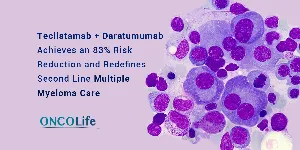
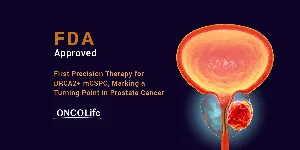
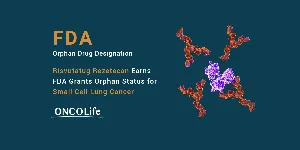
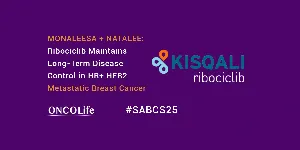

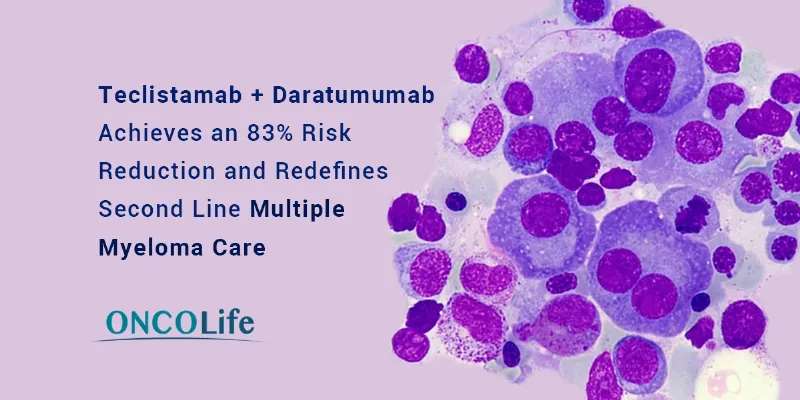
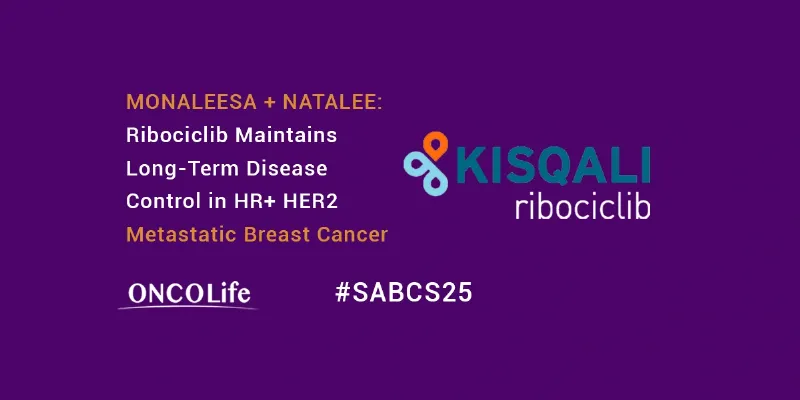
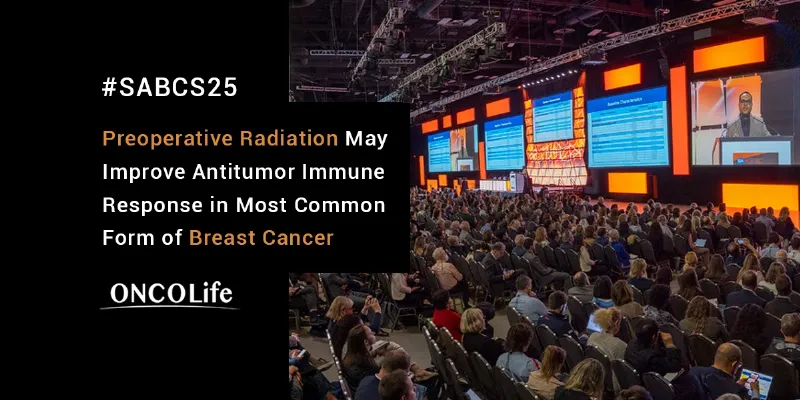
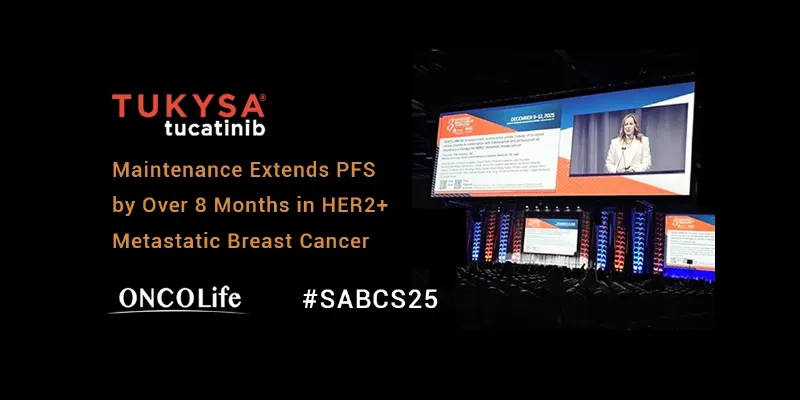


Comments
No Comments Yet!